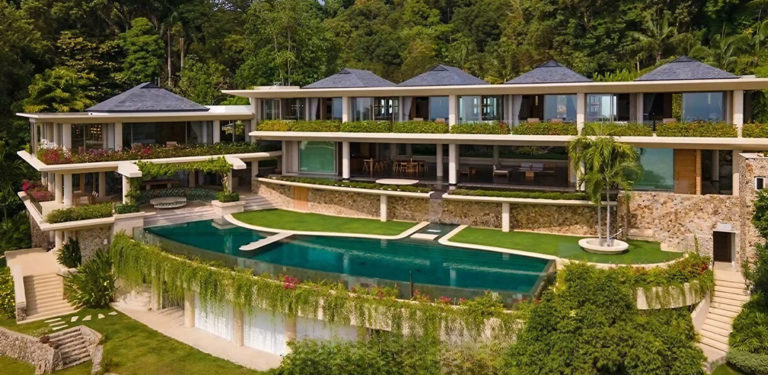Thailand has quietly moved into the top tier of global wealth destinations, attracting billionaires, business titans and ultra-high-net-worth individuals who are placing serious bets on the Kingdom’s “endless summer.” From Bangkok’s branded residences to Phuket’s ฿100 million-plus clifftop villas, Thailand has become the address of choice for those seeking stability, sunshine and sophisticated living in the heart of Asia.
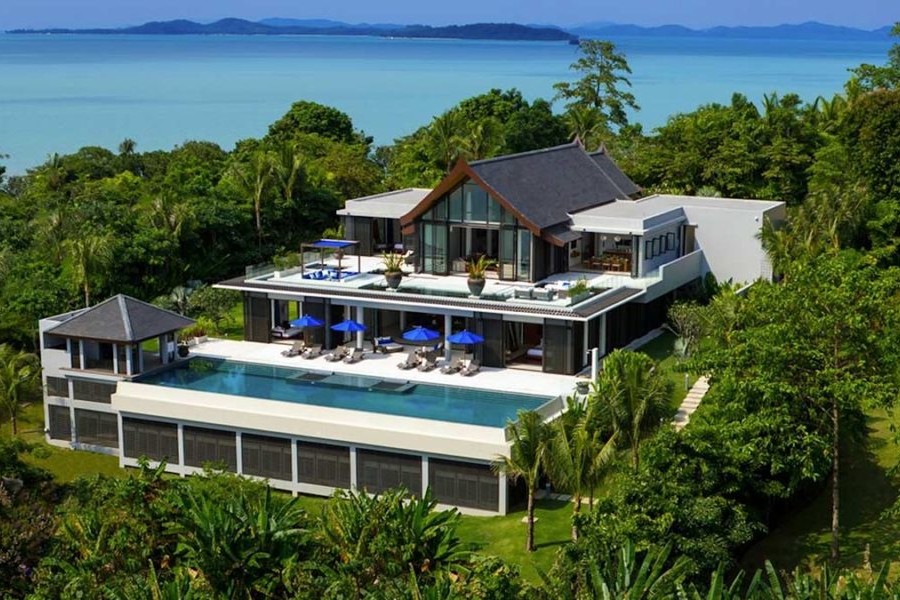
Not long ago, Thailand was seen mainly as an exotic holiday escape. Today it operates as a wealth hub – a place where fortunes are invested, businesses are built and legacy properties are secured for the next generation. That shift is visible in record-breaking real estate transactions and in the global names now committing long-term capital to the country.
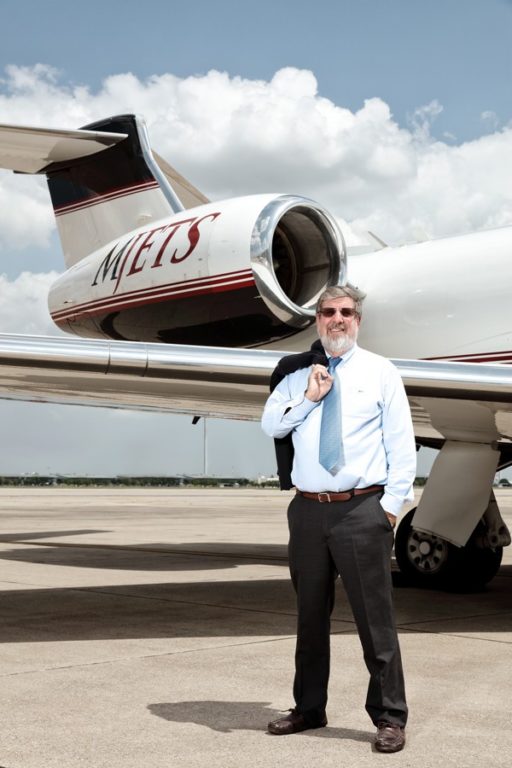


Billionaires Backing the Kingdom
One of the most vocal believers is William Heinecke, the American-born Thai billionaire behind Minor International. His hospitality and lifestyle group spans multiple continents, yet Thailand remains the centre of gravity.
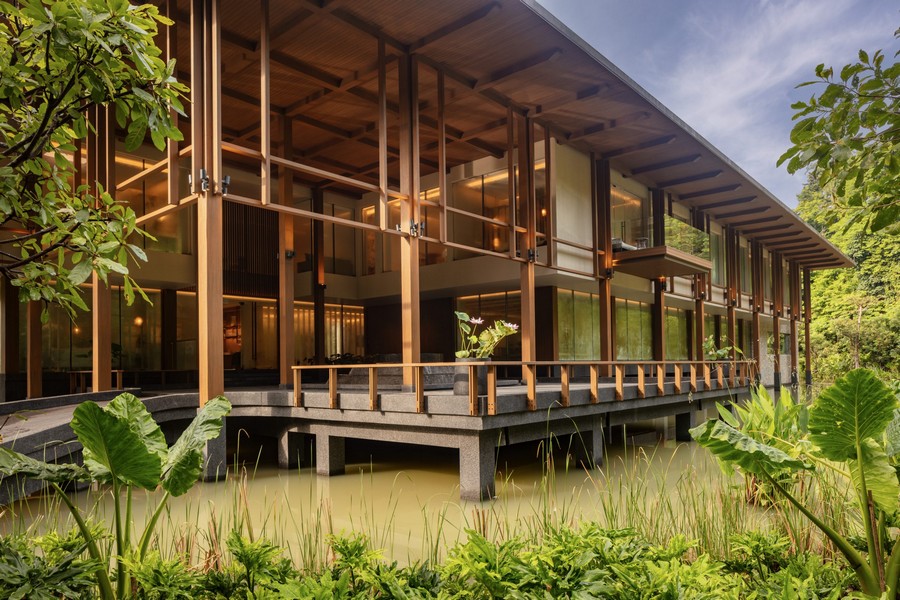
Anantara, Minor’s flagship luxury resort brand, now sits in front of a worldwide audience thanks to its starring role in the latest season of The White Lotus, filmed at several Thai properties. At the same time, Heinecke is pushing into high-end medical wellness, adding longevity clinics and regenerative health centres to resorts for affluent, health-conscious travellers. A major hotel REIT raise, aimed at funding further expansion, again takes Thailand as its launchpad. He sums up his view simply: Thailand’s accessibility, infrastructure and rule of law give comfort “not only to our company, but to any investor coming here.”

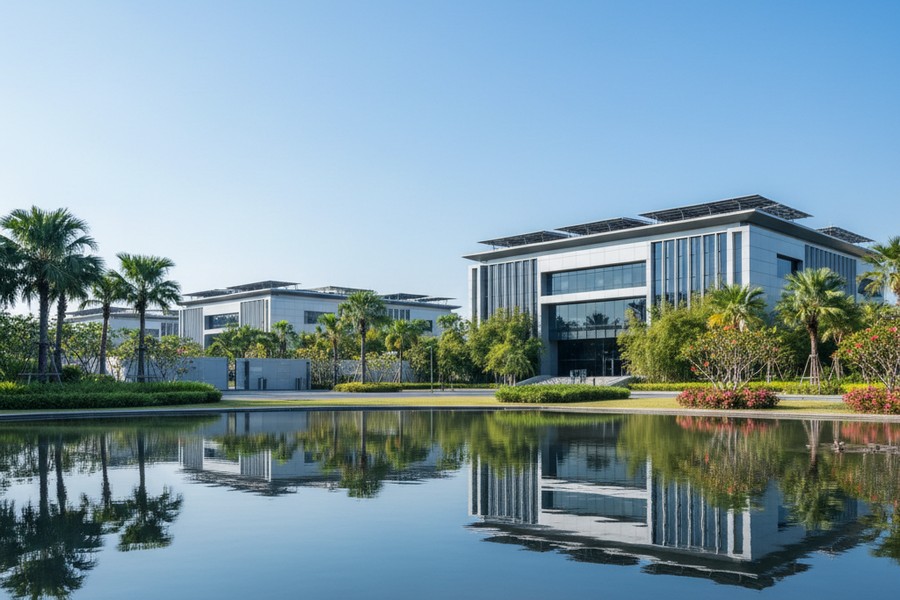

Confidence Capital and the New Economy
That confidence is mirrored by Harald Link, the Swiss-Thai billionaire leading the B.Grimm conglomerate. In partnership with regional tech players, B.Grimm is building a vast AI-ready data centre campus in Thailand’s Eastern Economic Corridor – the country’s largest single digital infrastructure investment to date and a clear signal that Thailand intends to be a regional hub for AI and cloud computing. It forms part of a wider surge in technology and digital infrastructure investment, with global platforms announcing multi-billion-dollar commitments to Thai data centres and cloud facilities.
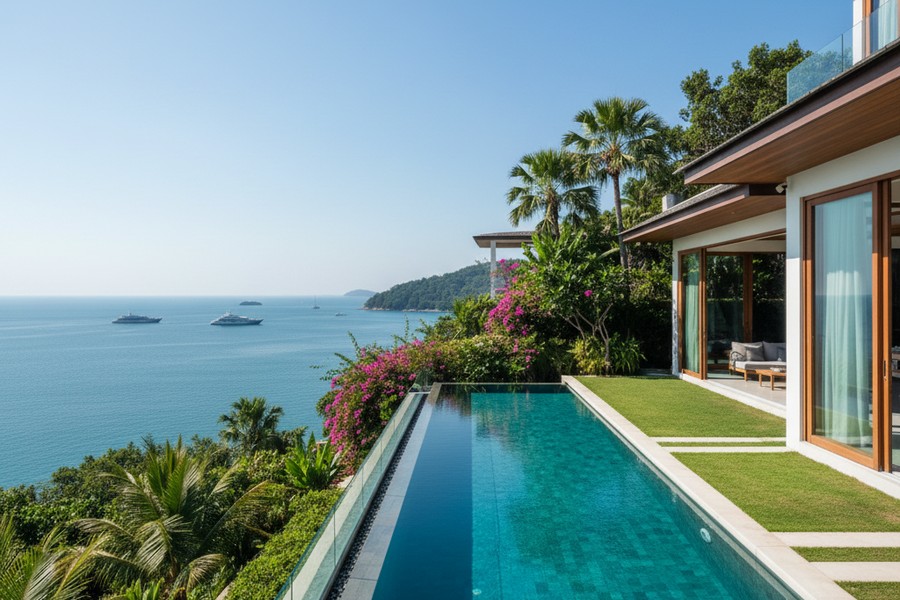
Phuket’s Billionaire Peninsula
While Bangkok attracts corporate titans and tech giants, Phuket has emerged as Asia’s premier ultra-luxury residential playground – a tropical peninsula of wealth where oceanfront villas regularly command between ฿100 million and ฿300 million and the global elite quietly maintain their second, third or fourth homes.
The Bang Tao–Cherngtalay corridor sits at the heart of this transformation, now accounting for most villa sales on the island. Today, ultra-luxury villas in Bang Tao comfortably ask nine-figure baht prices, with prime oceanfront estates selling for far more. Even inland Cherngtalay, once considered secondary, now sees strong eight-figure pricing as demand spills back from the beach.

On Phuket’s famed “Millionaire’s Mile” in Kamala and on Cape Yamu – often dubbed the island’s “Billionaire Peninsula” – estate-style villas by star architects occupy expansive plots with panoramic sea and bay views. Increasingly, these properties are held as intergenerational legacy assets rather than short-term investments, with appreciation outpacing mainstream markets and most resales handled discreetly within private networks. Buyers range from cash-rich Russians to Europeans, Australians, affluent Thais and a growing cohort of Middle Eastern and Asian investors seeking a safe-haven home in the sun.
Celebrity Hideaways
Layered onto this financial narrative is a lifestyle story that few destinations can match. Thailand’s most exclusive resorts and residences have become preferred hideaways for global celebrities who value privacy, craftsmanship and world-class amenities.
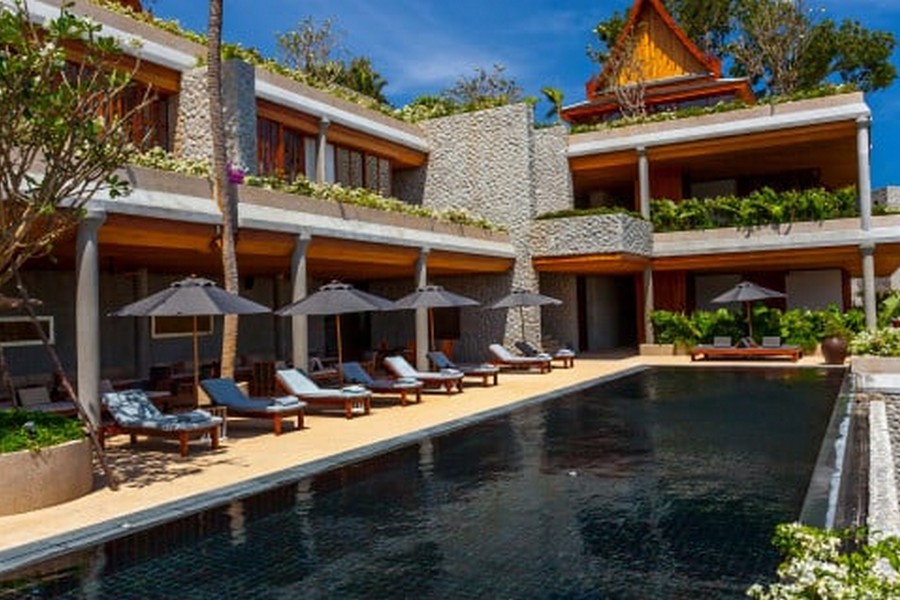
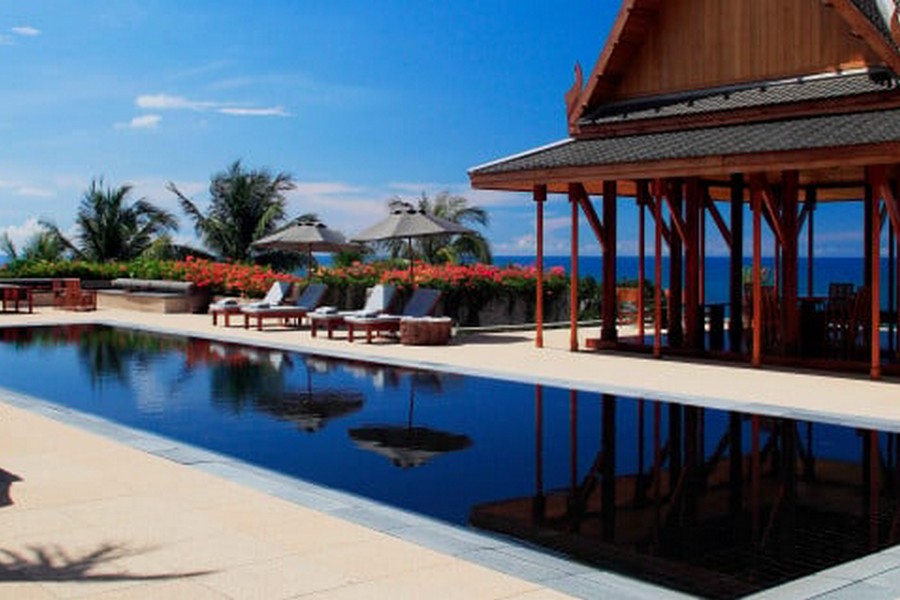
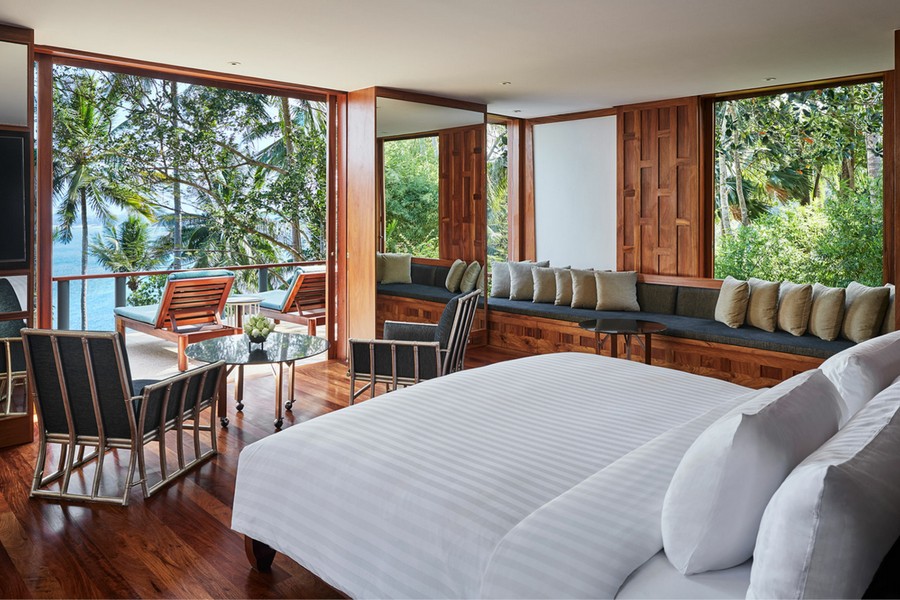
Amanpuri in Surin – the original Aman resort and still one of the world’s most discreet retreats – has hosted a constellation of A-list names over the years. A very limited collection of Amanpuri villas is available to purchase, but only through quiet, off-market channels that reflect the resort’s rarefied status. At Sri Panwa on Cape Panwa, royal families, rock stars and celebrity chefs have long checked in, while the resort’s Sky Pool Villas and Sky Series residences, with their infinity pools and rooftop terraces, rank among the most coveted addresses on the Andaman Sea.
Soft Power and the Investment Case
Beyond the numbers, Thailand’s rise as a billionaire playground is powered by soft power – the cultural pull that makes people want to be here. The Kingdom ranks among the world’s most admired countries for culture, cuisine and hospitality, and the government has put soft power at the heart of its economic strategy, targeting new revenue from creative industries, cultural exports and tourism.
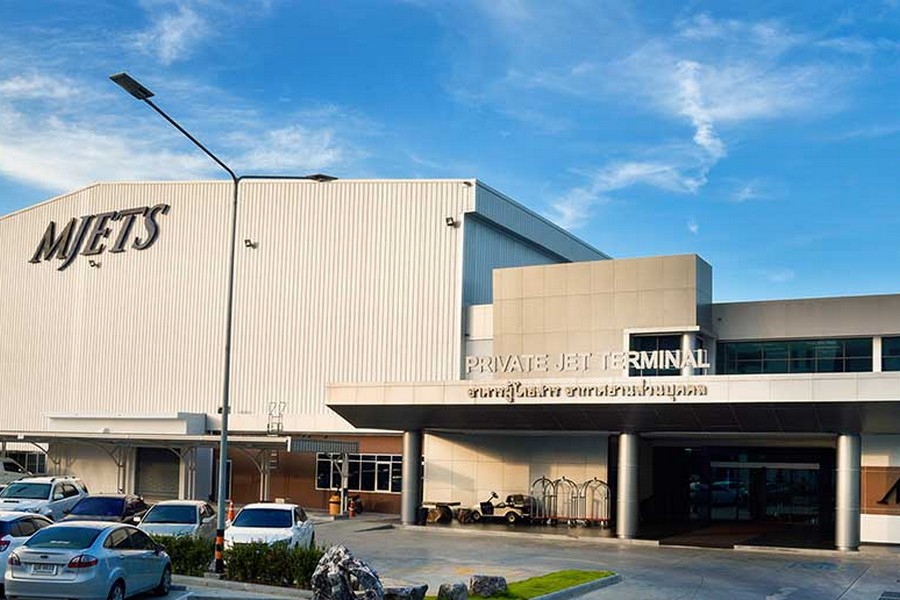
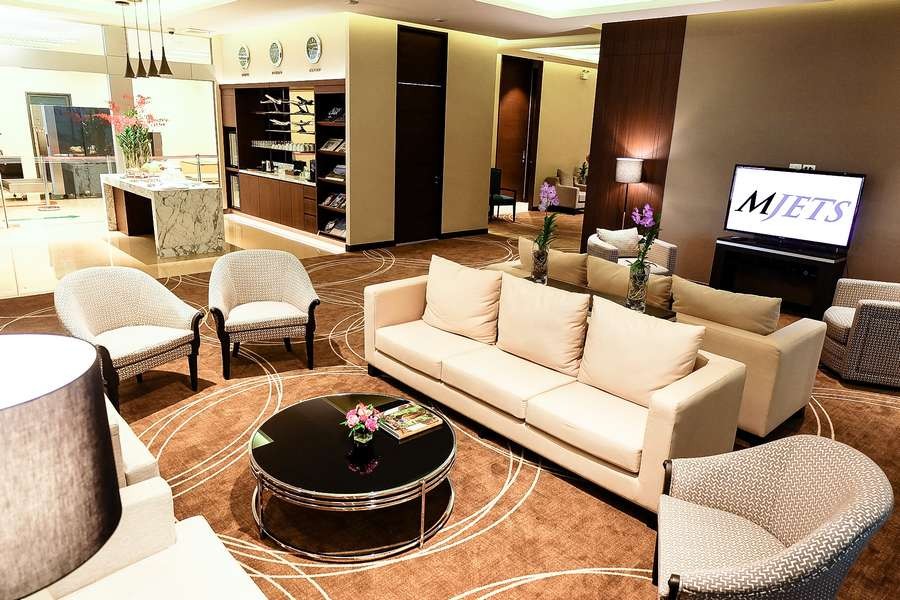

For ultra-high-net-worth individuals, the underlying numbers are equally supportive. Foreigners can own condominiums freehold within the 49 percent building quota and typically secure long-term leases on villas and land. In Phuket, well-positioned luxury villas often generate strong rental yields, especially when tied to professional management and branded resort programmes, while branded residences command notable premiums over non-branded stock. Overlay this with Thailand’s favourable tax environment, long-stay visa options, international schools and hospitals, and excellent air connectivity, and the appeal becomes clear. Buyers are not simply acquiring walls and a view; they are securing a base in one of the world’s most enjoyable places to live, backed by growing infrastructure and a maturing economy.
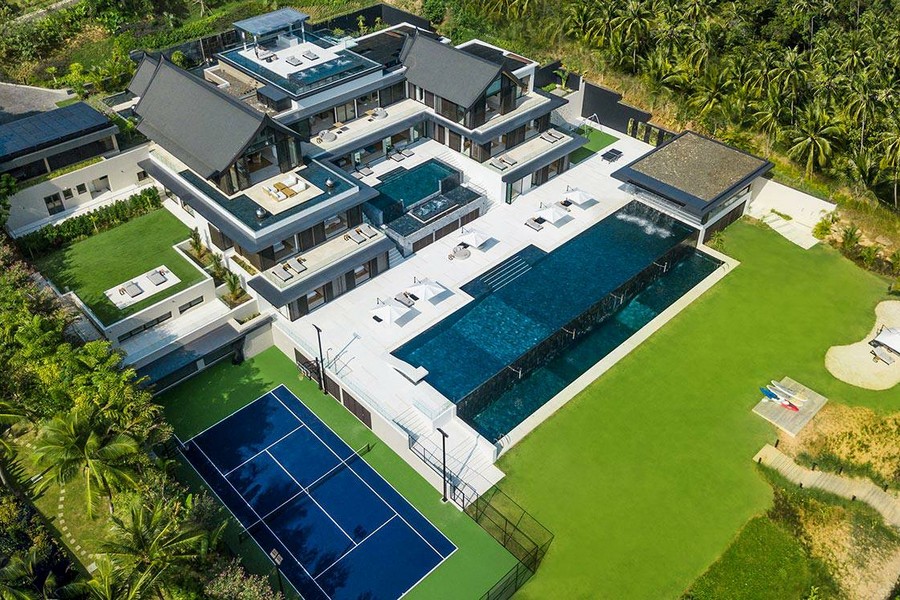
From William Heinecke’s hospitality and wellness empire to Harald Link’s billion-dollar data centres, the message from global capital is consistent: Thailand has moved far beyond its postcard image. It is now a serious, sophisticated wealth destination – a place where the world’s most successful individuals choose to build their own version of paradise, confident that both their lifestyle and their legacy are in very good hands.


